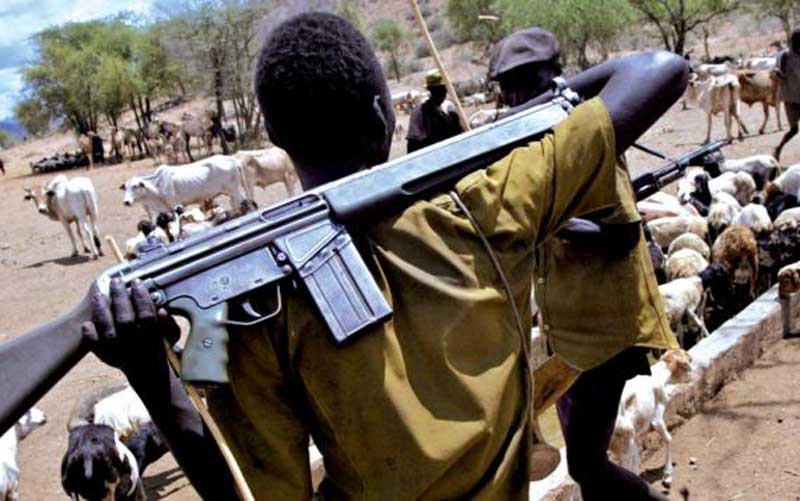×
The Standard e-Paper
Home To Bold Columnists

Armed Turkana herdsmen guard their livestock at a watering hole at Oropoyi in Kenya’s north western district of Turkana. Armed raids and cattle rustling over water and pasture sites are common among communities in parts of Uganda, Kenya, Sudan and Ethiopia. [Courtesy]
September is the African Union-designated month when civilians in possession of illegally-owned weapons are urged to hand them in to authorities without facing arrest or prosecution.